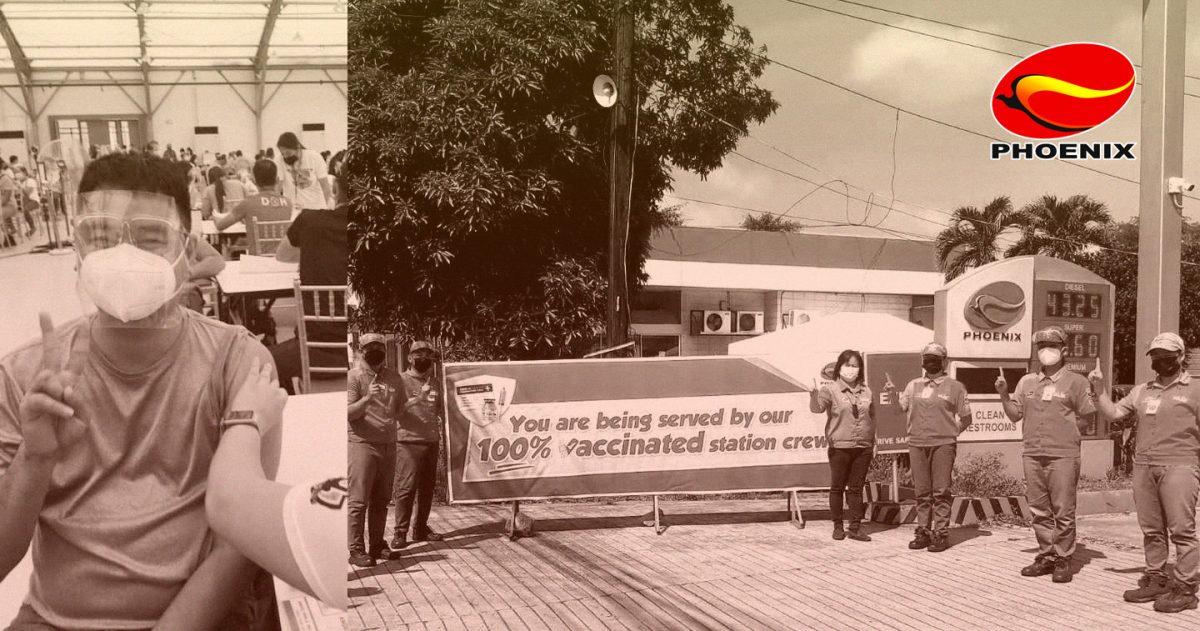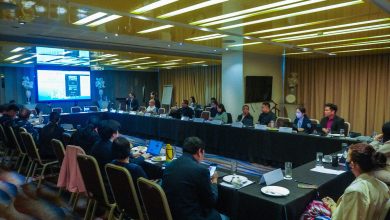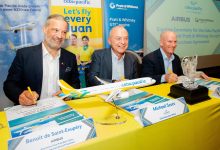MANILA, PHILIPPINES — While the Philippine government is handling the majority of vaccine deployment, the country’s top employers are doing their part in helping achieve herd immunity by promoting COVID-19 vaccination plans among business operations and employees.
In the case of third-largest oil player Phoenix Petroleum, it was through an intensive vaccination information drive that resulted in 97% of its entire workforce getting vaccinated by September 2021, with 60 percent being fully vaccinated. The act of prioritizing safety among employees began as early as last year, where Phoenix was one of the first companies to implement remote and alternative working arrangements.
Communication is key

As part of Phoenix’s COVID-19 response, a strategic communication plan was immediately developed by Phoenix’s Corporate HSE, headed by Ronaldo D. Ulep to encourage vaccinations among employees working from home, frontliners running convenience stores and retail shops, and staff stationed at terminal depots and LPG plants.
“We enlisted the help of our company medical staff and consulted with experts outside the organization to equip ourselves with data. We then coordinated with our Human Resources and Corporate Communications teams to conduct an internal survey assessing the willingness of the organization towards vaccines,” said Ulep. “After all, information and communication will be vital in helping employees decide whether or not to get the shot.”
To address any reluctance towards the vaccine, Ulep and his team launched a series of online lectures led by company physicians and then provided information materials through the corporate team. Phoenix executives, including President Henry Albert Fadullon, even led the example by receiving their inoculations at their local government units.
“After those initiatives, we noticed a more positive response to the surveys, and now, only a small number of our employees are waiting for their vaccination schedule,” said Ulep.
Managing the vaccine rollout
Since May, Phoenix has been proactive in promoting the country’s vaccination campaign among employees even before the arrival of its own procured vaccines. In June, the company partnered with the Davao City government and the Department of Health Region XI to host a five-day vaccination drive. Meanwhile, last month, the company’s retail team led an internal vaccination drive to encourage more Phoenix frontliners to register for their local government unit’s vaccination drive.
As of writing, there are 15 stations served by fully vaccinated station staff. The remaining purchased vaccines have been extended to dependents and families and even to third-party service providers.

“The decision to receive the vaccine boils down to how we analyze the data being presented to us and the effective communication of this information,” said Ulep. “As employers of a nationwide workforce of five thousand, we have the responsibility to educate and share accurate and understandable information on the proven facts and benefits of vaccines.”
According to Ulep, his team would present data daily to the various heads of the organization which are then processed and interpreted by Phoenix’s communications team to be cascaded from the top down. Traditionally, email was used to communicate the information, but with staff members having limited access to it, the team employed the use of other communication channels such as SMS blasts, Facebook groups, and Viber chat groups, to ensure messages were received.
“Moving forward, Phoenix will remain vigilant. While there is still no way to predict the case of COVID-19 in the country, we will strive to maintain communications with our employees and support the government and the nationwide COVID-19 response any way we can,” concluded Ulep.









